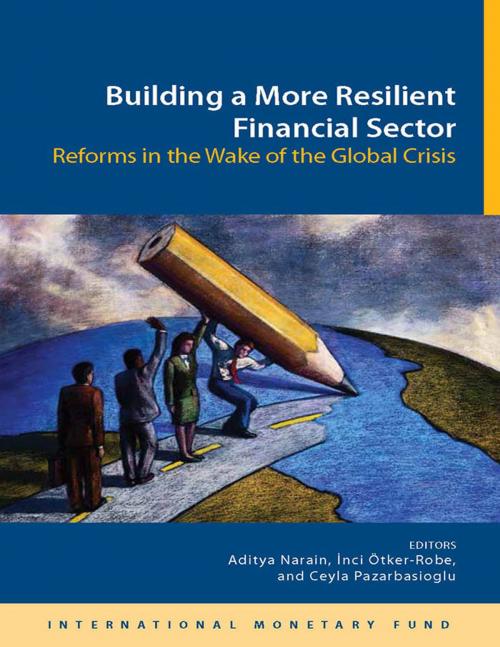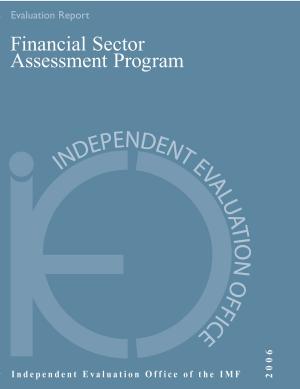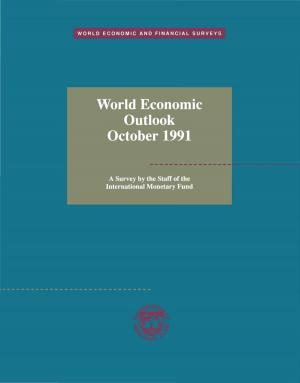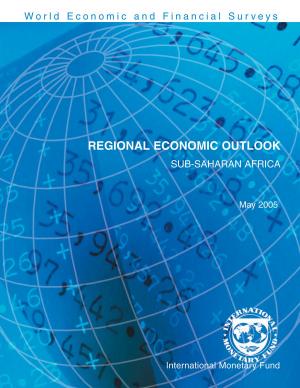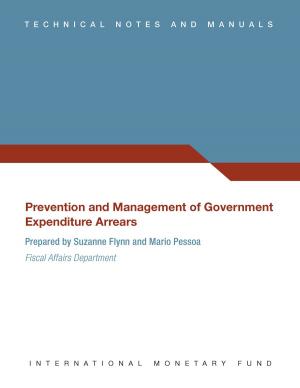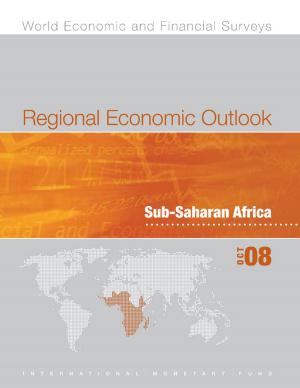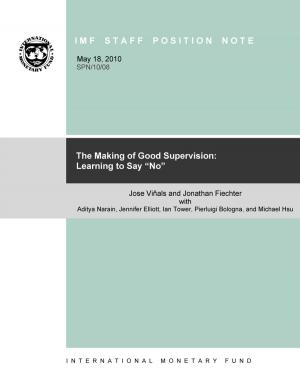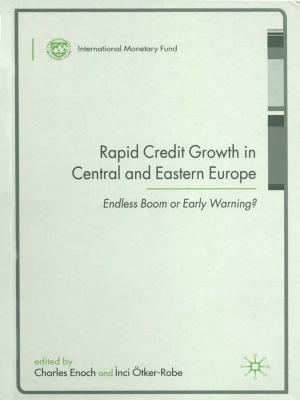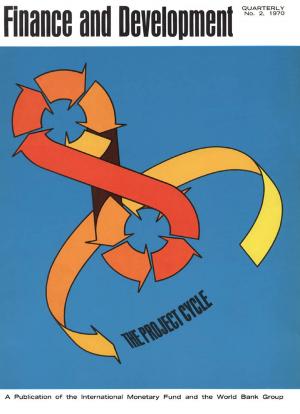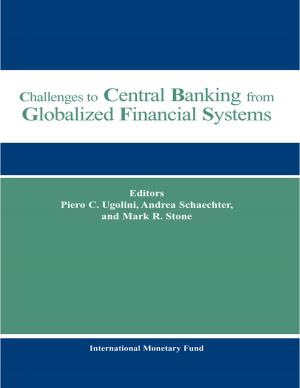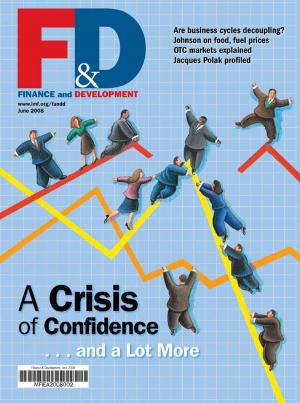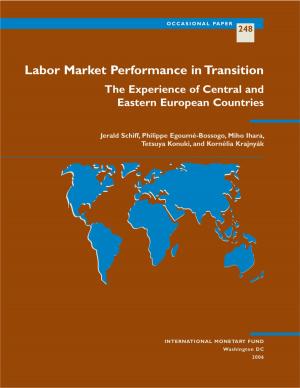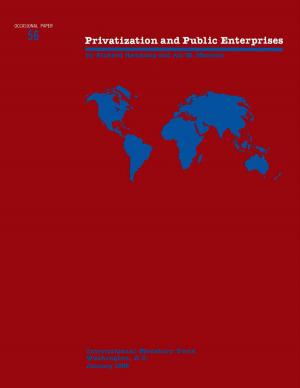Building a More Resilient Financial Sector: Reforms in the Wake of the Global Crisis
Business & Finance, Economics, Public Finance, Finance & Investing, Banks & Banking, Macroeconomics| Author: | Aditya Narain, Inci Ms. Ötker, Ceyla Pazarbasioglu | ISBN: | 9781475569360 |
| Publisher: | INTERNATIONAL MONETARY FUND | Publication: | April 11, 2012 |
| Imprint: | INTERNATIONAL MONETARY FUND | Language: | English |
| Author: | Aditya Narain, Inci Ms. Ötker, Ceyla Pazarbasioglu |
| ISBN: | 9781475569360 |
| Publisher: | INTERNATIONAL MONETARY FUND |
| Publication: | April 11, 2012 |
| Imprint: | INTERNATIONAL MONETARY FUND |
| Language: | English |
The IMF, with the Bank for International Settlements and the Financial Stability Board, has been at the forefront of discussions on reform of the global financial system to reduce the possibility of future crises, as well as to limit the consequences if they do occur. The policy choices are both urgent and challenging, and are complicated by the relationship between sovereign debt and risks to the banking sector. Building a More Resilient Financial Sector describes the key elements of the reform agenda, including tighter regulation and more effective supervision; greater transparency to strengthen market discipline and limit incentives for risk taking; coherent mechanisms for resolution of failed institutions; and effective safety nets to limit the impact on the financial system of institutions viewed as "too big to fail." Finally, the book takes a look ahead at how the financial system is likely to be shaped by the efforts of policymakers and the private sector response.
The IMF, with the Bank for International Settlements and the Financial Stability Board, has been at the forefront of discussions on reform of the global financial system to reduce the possibility of future crises, as well as to limit the consequences if they do occur. The policy choices are both urgent and challenging, and are complicated by the relationship between sovereign debt and risks to the banking sector. Building a More Resilient Financial Sector describes the key elements of the reform agenda, including tighter regulation and more effective supervision; greater transparency to strengthen market discipline and limit incentives for risk taking; coherent mechanisms for resolution of failed institutions; and effective safety nets to limit the impact on the financial system of institutions viewed as "too big to fail." Finally, the book takes a look ahead at how the financial system is likely to be shaped by the efforts of policymakers and the private sector response.
